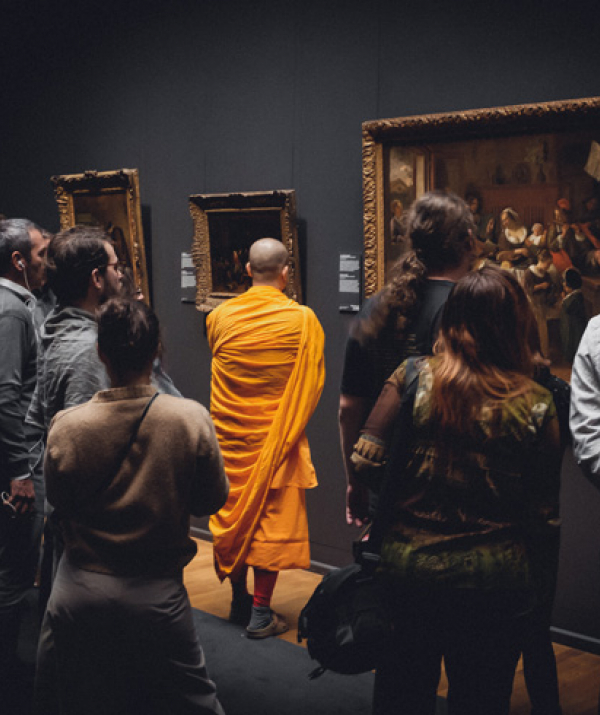Lời nói được thận trọng, tâm tư khéo hộ phòng, thân chớ làm điều ác, hãy giữ ba nghiệp tịnh, chứng đạo thánh nhân dạyKinh Pháp Cú (Kệ số 281)
Nếu tiền bạc không được dùng để phục vụ cho bạn, nó sẽ trở thành ông chủ. Những kẻ tham lam không sở hữu tài sản, vì có thể nói là tài sản sở hữu họ. (If money be not thy servant, it will be thy master. The covetous man cannot so properly be said to possess wealth, as that may be said to possess him. )Francis Bacon
Tôi không hóa giải các bất ổn mà hóa giải cách suy nghĩ của mình. Sau đó, các bất ổn sẽ tự chúng được hóa giải. (I do not fix problems. I fix my thinking. Then problems fix themselves.)Louise Hay
Điều quan trọng không phải là bạn nhìn vào những gì, mà là bạn thấy được những gì. (It's not what you look at that matters, it's what you see.)Henry David Thoreau
Đối với người không nỗ lực hoàn thiện thì trải qua một năm chỉ già thêm một tuổi mà chẳng có gì khác hơn.Sưu tầm
Nhẫn nhục có nhiều sức mạnh vì chẳng mang lòng hung dữ, lại thêm được an lành, khỏe mạnh.Kinh Bốn mươi hai chương
Hoàn cảnh không quyết định nơi bạn đi đến mà chỉ xác định nơi bạn khởi đầu. (Your present circumstances don't determine where you can go; they merely determine where you start.)Nido Qubein
Hãy thận trọng với những hiểu biết sai lầm. Điều đó còn nguy hiểm hơn cả sự không biết. (Beware of false knowledge; it is more dangerous than ignorance.)George Bernard Shaw
Dầu giữa bãi chiến trường, thắng ngàn ngàn quân địch, không bằng tự thắng mình, thật chiến thắng tối thượng.Kinh Pháp cú (Kệ số 103)
Lời nói được thận trọng, tâm tư khéo hộ phòng, thân chớ làm điều ác, hãy giữ ba nghiệp tịnh, chứng đạo thánh nhân dạyKinh Pháp Cú (Kệ số 281)
Người nhiều lòng tham giống như cầm đuốc đi ngược gió, thế nào cũng bị lửa táp vào tay. Kinh Bốn mươi hai chương
Trang chủ »» Danh mục »» TỦ SÁCH RỘNG MỞ TÂM HỒN »» none »» How Buddhists Can Benefit from Western Philosophy »»
 Xem Mục lục
Xem Mục lục  Vietnamese || Đối chiếu song ngữ
Vietnamese || Đối chiếu song ngữ

DO NXB LIÊN PHẬT HỘI PHÁT HÀNH
Mua sách qua Amazon sẽ được gửi đến tận nhà - trên toàn nước Mỹ, Canada, Âu châu và Úc châu.
Quý vị đang truy cập từ IP 216.73.216.110 và chưa ghi danh hoặc đăng nhập trên máy tính này. Nếu là thành viên, quý vị chỉ cần đăng nhập một lần duy nhất trên thiết bị truy cập, bằng email và mật khẩu đã chọn.
Chúng tôi khuyến khích việc ghi danh thành viên ,để thuận tiện trong việc chia sẻ thông tin, chia sẻ kinh nghiệm sống giữa các thành viên, đồng thời quý vị cũng sẽ nhận được sự hỗ trợ kỹ thuật từ Ban Quản Trị trong quá trình sử dụng website này.
Việc ghi danh là hoàn toàn miễn phí và tự nguyện.
Ghi danh hoặc đăng nhập